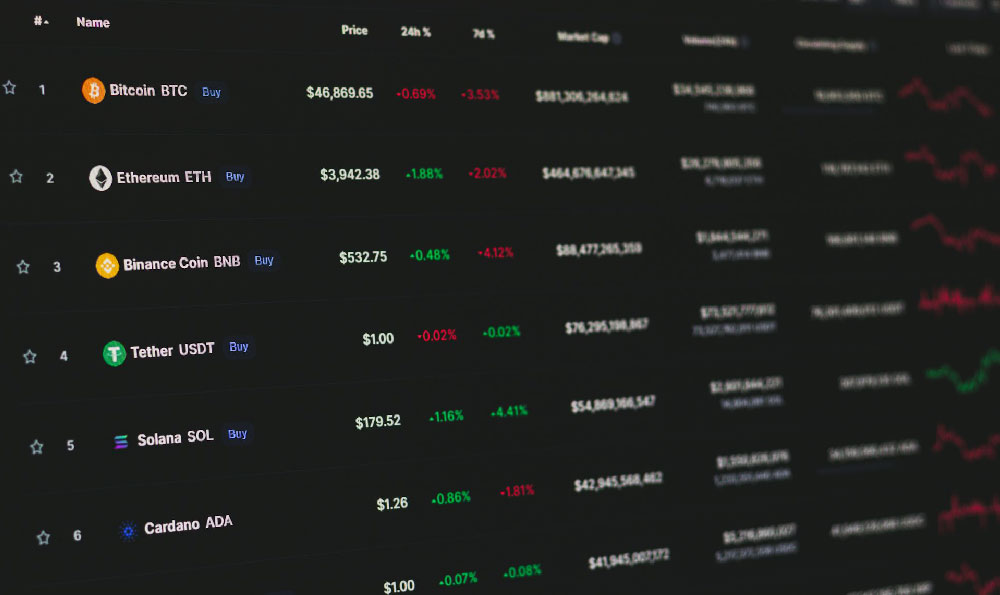Okay, I'm ready. Here's an article based on the prompt "How much money does Elon Musk make per minute? And why does it matter?" Please remember this is a thought experiment to explore financial concepts and should not be taken as financial advice.
The Spectacle of Wealth: Elon Musk's Per-Minute Earnings and the Gaze of Society
The question of how much money Elon Musk makes per minute is a siren song, a compelling inquiry that immediately draws attention and sparks curiosity. While precise, real-time calculations are impossible due to the fluctuating nature of assets and various income streams, estimates often circulate, painting a picture of wealth accumulation at a rate almost incomprehensible to the average person. Figures, often extrapolated from net worth increases over specific periods, suggest earnings that dwarf the annual salaries of many, even highly skilled, professionals in mere seconds. This fascination isn't merely about idle gossip; it touches upon fundamental questions about wealth distribution, societal values, and the role of innovation in shaping financial landscapes.

The allure of calculating a person's per-minute earnings lies in its stark illustration of wealth inequality. Presenting immense fortunes in such granular terms makes the scale of the disparity immediately apparent. When one individual is perceived to be accumulating vast sums in the time it takes to brew a cup of coffee, it naturally raises questions about the fairness and sustainability of the current economic system. It fuels debates about taxation, wealth redistribution, and the ethical responsibilities of the ultra-rich. This microscopic view of wealth concentrates the conversation on the individual, making an abstract concept, global wealth distribution, immediately relatable and personalized.
However, it's crucial to approach these calculations with a healthy dose of skepticism and a critical understanding of the underlying methodology. Net worth, the figure often used for such estimations, is not the same as readily available cash. It's primarily comprised of assets, such as stock holdings in companies like Tesla and SpaceX. These assets are subject to market volatility and can fluctuate dramatically based on investor sentiment, macroeconomic trends, and company-specific news. An impressive gain one minute could be followed by a significant loss the next. Therefore, to present such net worth derived calculations as “earnings” is somewhat misleading, as it fails to adequately represent a regular, consistent revenue stream.
Furthermore, focusing solely on the per-minute earnings of individuals like Elon Musk risks overlooking the complex factors that contribute to their wealth. Musk's fortune isn't simply the result of passively collecting income. It stems from years of entrepreneurial endeavors, innovative technological development, and the creation of successful companies that have disrupted established industries. He took considerable risks, invested heavily in research and development, and persevered through numerous setbacks. While the scale of the reward may seem disproportionate to some, it's undeniable that his ventures have had a profound impact on areas such as electric vehicles, space exploration, and renewable energy. The simple number then fails to adequately represent the risks, innovation, and effort, whether you agree with its societal benefits or not, that created the wealth.
Moreover, the constant scrutiny of individual wealth can distract from addressing systemic issues that perpetuate inequality. While it's important to hold the ultra-rich accountable and advocate for fairer tax policies, focusing solely on individual fortunes can lead to a simplistic and ultimately unproductive narrative. It's equally important to examine the broader economic structures, regulatory frameworks, and social policies that contribute to wealth concentration. Addressing issues such as access to education, affordable healthcare, and equal opportunities is crucial for creating a more equitable society where everyone has a chance to thrive, regardless of their background.
Beyond the economic and social implications, the fascination with Musk's per-minute earnings also reflects a broader cultural obsession with wealth and success. We live in a society that often equates financial prosperity with personal worth and achievement. The media frequently celebrates the lifestyles of the rich and famous, further reinforcing the idea that wealth is the ultimate goal. This can create unrealistic expectations and lead to feelings of inadequacy among those who don't achieve similar levels of financial success. It is important to understand that societal impact, personal well-being, and contribution to the community have value far beyond a monetary sum.
In conclusion, the question of how much money Elon Musk makes per minute is more than just a numerical exercise. It's a window into our collective anxieties and aspirations surrounding wealth, inequality, and the pursuit of success. While the calculations may be intriguing, it's crucial to approach them with a critical eye, recognizing the limitations of the data and the complexities of the underlying economic forces. Instead of simply fixating on individual fortunes, we should strive for a more nuanced understanding of wealth creation and distribution, and work towards building a society where everyone has the opportunity to prosper. The real question isn't how much one person makes per minute, but how can we create a more equitable and sustainable future for all.












